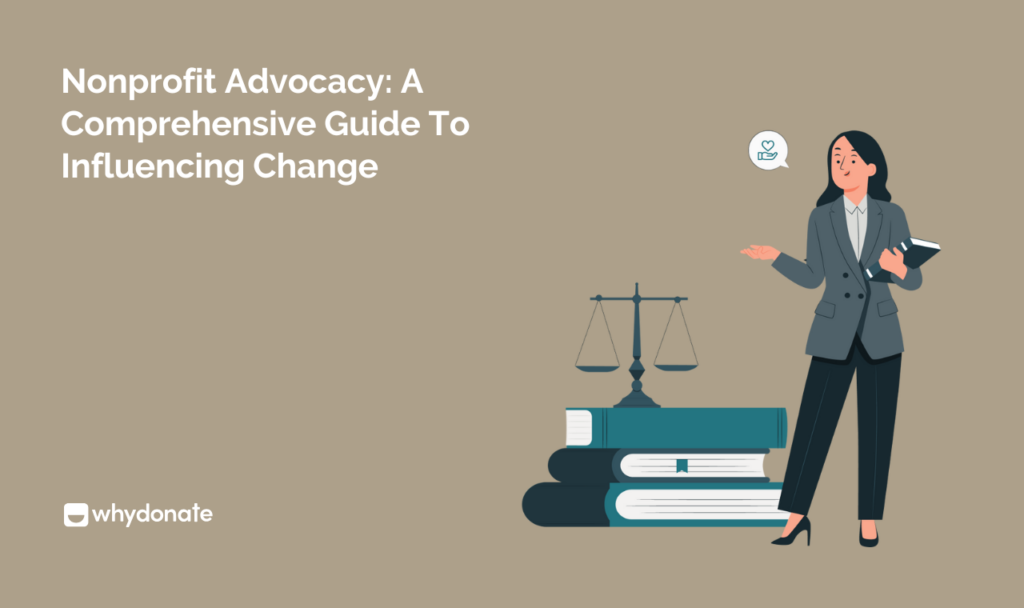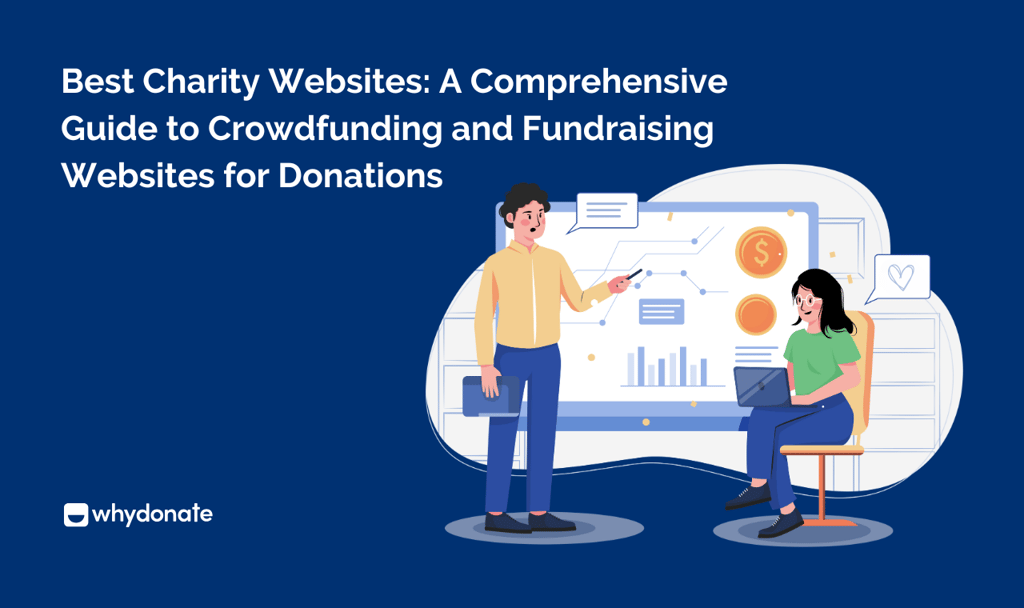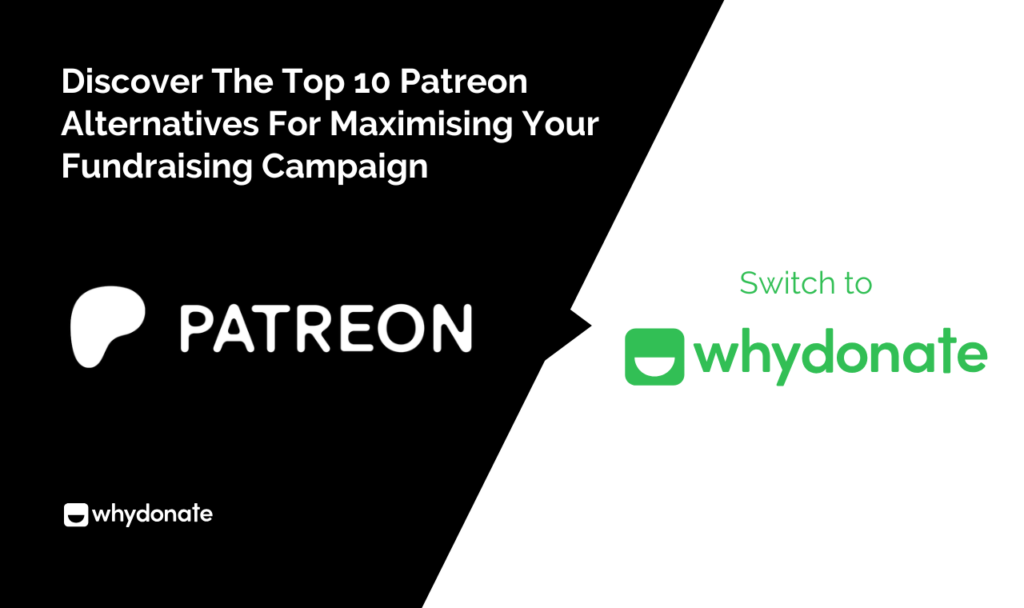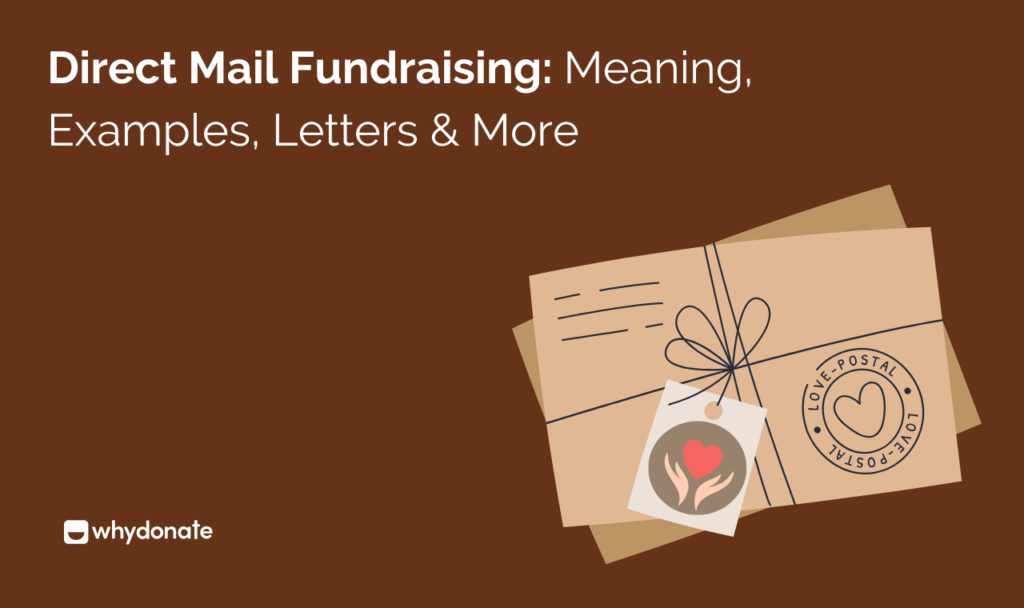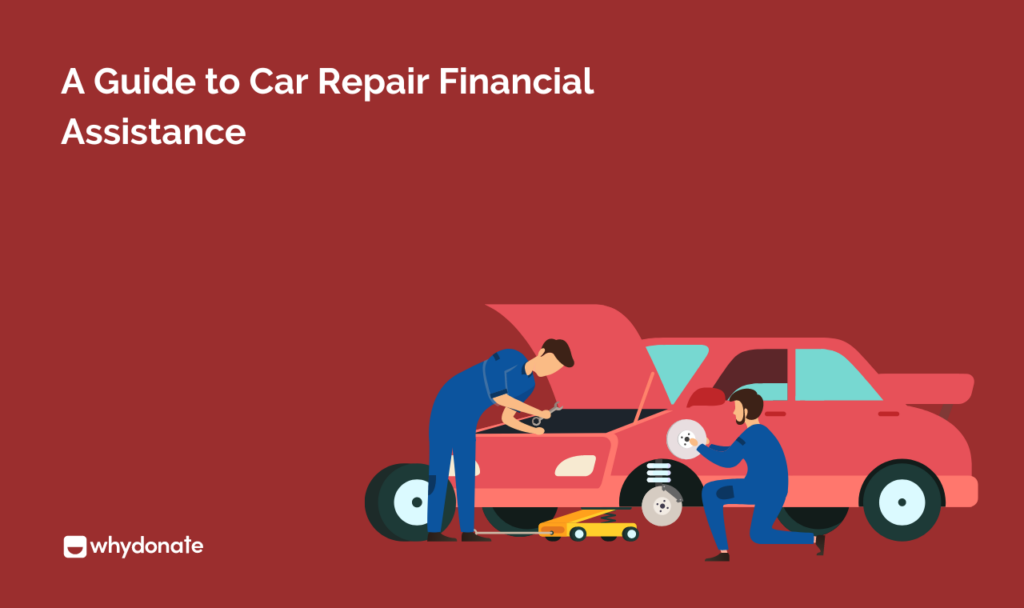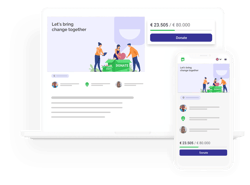Nonprofit organizations are important in society because they help solve social problems as well as provide community service. Despite the fact that their work is commonly seen through direct service delivery, advocacy plays an equally important role by helping to influence legislation and policies that guide how society operates. This way, through nonprofit advocacy, they are able to advocate for those who cannot advocate for themselves, mold public opinion, and create a fair, just society.
This blog will explore the concept of nonprofit advocacy, distinguish advocacy and lobbying for nonprofits, and provide a guide on how to plan an effective advocacy campaign.
- Start Your Online Fundraising Campaign For Free And Meet Your Financial Obligations Efficiently!
Table of Contents
What Is Advocacy In NGO?
NGOs influence policies, laws, and regulations for the greater benefit of their proximate communities and the causes they serve. Various kinds of advocacy nonprofit are also available, such as creating awareness of particular issues or directly interacting with those in authority. These constitute numerous other activities like public education, grassroots mobilisation, partnership building, and strategic message development, etc.
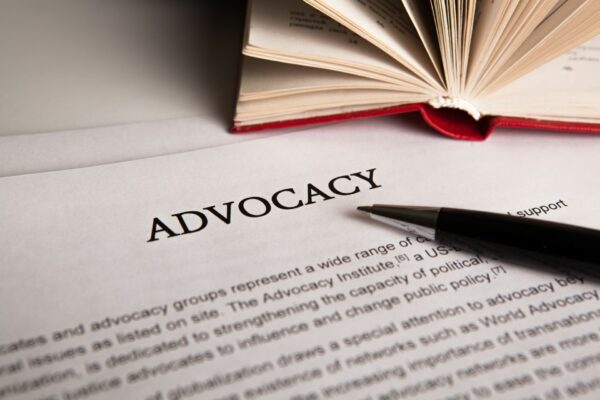
Understanding The Difference Between Advocacy And Lobbying For Nonprofits
While advocacy and lobbying for nonprofits are often used interchangeably, they are distinct activities:
- Advocacy: Advocacy is a broader concept that involves various activities with the goal of influencing public opinion and policy. It may feature things like campaigns for public education, community organizing, media outreach, and even coalition building, but it is not confined to dealings with government officials.
- Lobbying: Lobbying activities involve advocating for or against legislation by meeting with lawmakers, drafting policy proposals, and testifying before legislative committees. Nonprofits that want to preserve their tax-exempt status must observe the rules of lobbying that are dictated by law.
Why Is Advocacy Important For Nonprofits?
Advocacy nonprofit plays a pivotal role in the success and impact of nonprofit organizations by fulfilling several crucial functions:
1. Amplifying Voices Of The Marginalized And Underserved
In policymaking they serve, nonprofits invariably service community members facing systemic impediments. They are not represented effectively to be heard. By providing a voice on issues that worry them, advocacy allows these people to speak up, requesting different outcomes that determine the quality of their lives.
2. Influencing Policy And Legislative Change
Nonprofit advocacy influences the development and implementation of public policy and legislation by decreasing the root causes of social problems while prototyping solutions that are consistent with their values and mission.
3. Raising Public Awareness About Critical Issues
Advocacy campaigns are greatly useful in making people more aware of urgent social matters. Nonprofit entities can help the public know and get the required backing for their cause, as well as help create mutual feelings of compassion, unity, and compassion.
4. Enhancing The Impact And Reach Of Nonprofit Work
The influence and range of nonprofit programs and facilitation are extended through effective pleading. For nonprofits to be able to implement internally-based structural adjustments, an environment that fosters these platforms is created in order to ascertain whether or not they are projects meant to continue maintaining the society, come to an end.
5. Building Strategic Partnerships And Coalitions
Advocacy campaigns are efficient in reaching out to the public concerning immediate social issues. Through enlightening the public and seeking assistance, a sense of togetherness and sympathy may be cultivated by NGOs or Community-Based Organisations (CBOs) around their cause and drive common understanding.

How To Plan A Nonprofit Advocacy Campaign?
Planning and executing a successful advocacy campaign requires careful strategizing and proactive engagement. Here’s a step-by-step guide:
1. Identify Clear Goals And Objectives For Your Advocacy Campaign
Clearly state your objectives so that you may move forward in your organization while at the same time achieving the set goals whose metrics are well spelled out in the process in order to align with your organization’s mission and deemed results, be it a change in policy, creation of awareness or mobilization of community support.
2. Understand The Policy Landscape And Key Stakeholders
Conduct in-depth research to understand the current policy environment, relevant legislation, and key decision-makers. Identify the stakeholders with the capacity to make things happen or give you some backup for your advocacy goals.
3. Develop A Comprehensive Strategic Plan For Advocacy
Outline a detailed plan that includes tactics, timelines, resources, and responsibilities. Define your advocacy nonprofit messages, target audiences, and communication channels (e.g., media outreach, digital platforms, community events).
4. Build Strong Coalitions And Strategic Partnerships
Collaborate with other organizations, grassroots groups, and influencers who share your advocacy goals. Establish mutually beneficial partnerships that expand your reach, enhance credibility, and strengthen collective advocacy efforts.
5. Engage And Mobilize Supporters Through Various Channels
Activate your supporter base through grassroots organizing, social media campaigns, petitions, and advocacy events. Encourage supporters to take action, such as contacting legislators, attending rallies, or sharing advocacy messages.
6. Implement Your Plan And Remain Flexible To Adapt As Needed
Execute your nonprofit advocacy strategies while remaining responsive to evolving circumstances and feedback. Monitor progress, adjust tactics if necessary, and leverage emerging opportunities to advance your advocacy goals.
7. Evaluate Your Efforts And Reflect On Lessons Learned
Assess the impact and effectiveness of your advocacy campaign against predefined goals and objectives. Collect feedback from stakeholders, analyze outcomes, and identify strengths, challenges, and areas for improvement. Use insights gained to refine future advocacy strategies and initiatives.
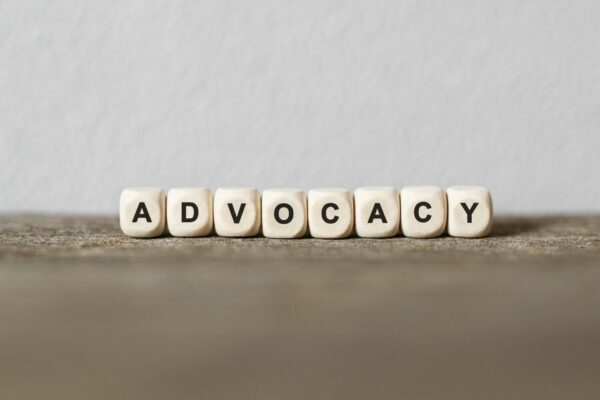
Conclusion: The Vital Role Of Advocacy In Nonprofit Success
Advocacy is a powerful tool for nonprofits to drive systemic change, influence public policy, and amplify the voices of those they serve. By engaging in nonprofit advocacy, they can address the root causes of social issues, create lasting solutions, and enhance their impact. Planning and executing an effective advocacy campaign requires clear goals, strategic planning, and active engagement with supporters and stakeholders. Through sustained advocacy efforts, nonprofits can create a more just and equitable society.
If you’re a nonprofit struggling to meet your financial goals, consider creating an online fundraising campaign at the largest European fundraising website, WhyDonate. Start now!
FAQs (Frequently Asked Questions)
What is the concept of advocacy?
Advocacy involves actions aimed at influencing public policy, laws, and regulations to benefit specific causes or communities. It includes a range of activities such as public education, grassroots organizing, coalition building, and direct engagement with policymakers.
What are some examples of advocacy?
Examples of advocacy include:
- Organizing a rally or protest to raise awareness about an issue.
- Meeting with legislators to discuss policy changes.
- Running a public education campaign to inform the community about a social issue.
- Building a coalition of organizations to support a common cause.
- Using social media to mobilize supporters and amplify a message.
What are the NGO advocacy groups?
NGO advocacy groups are organizations dedicated to influencing public policy and advancing specific causes. Some well-known NGO advocacy groups include:
- Human Rights Watch: Advocates for human rights worldwide.
- Greenpeace: Focuses on environmental advocacy and sustainability.
- Amnesty International: Works to protect human rights and fight injustice.
- ACLU (American Civil Liberties Union): Defends individual rights and liberties in the United States.
- Save the Children: Advocates for children’s rights and well-being globally.
